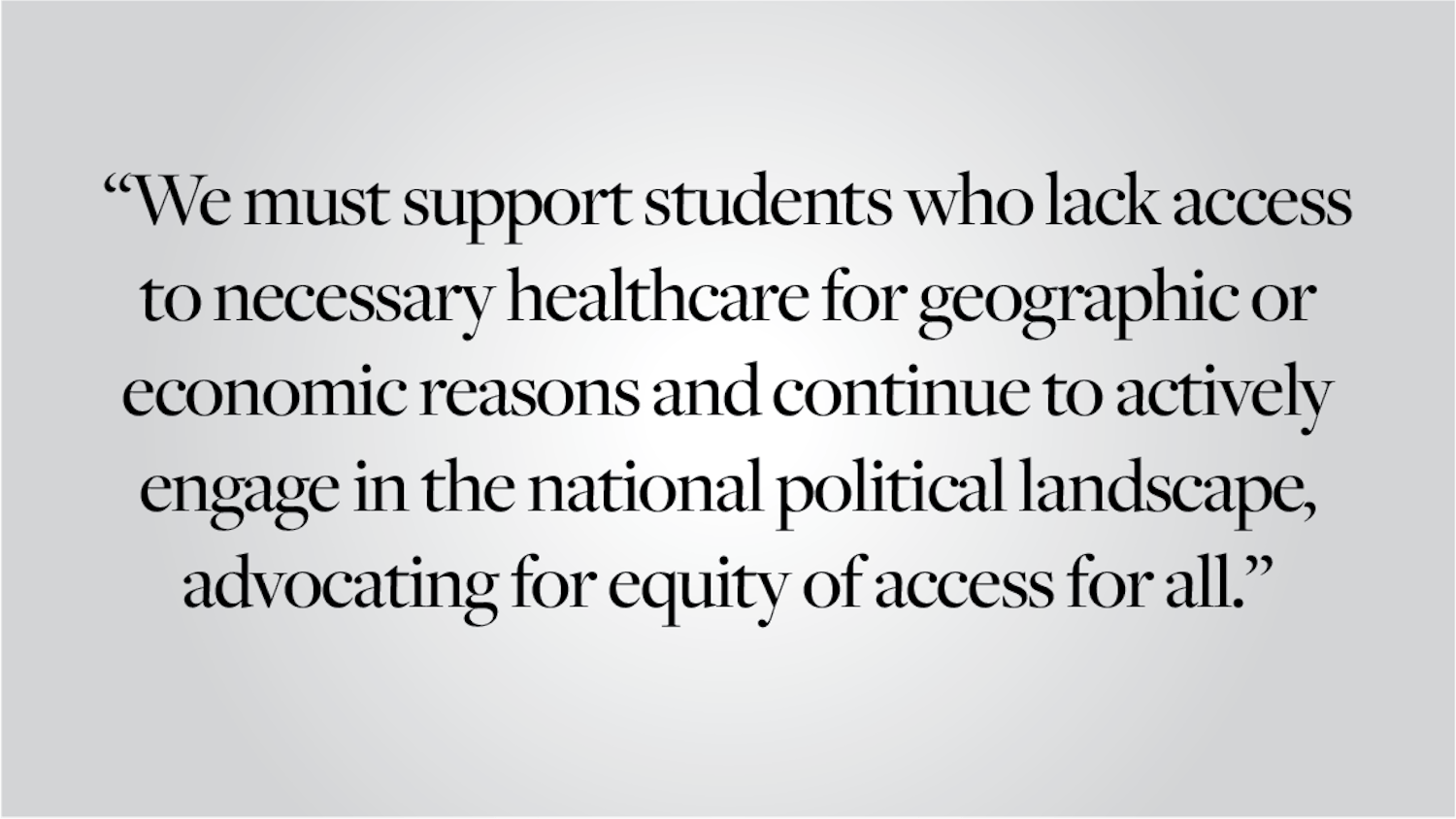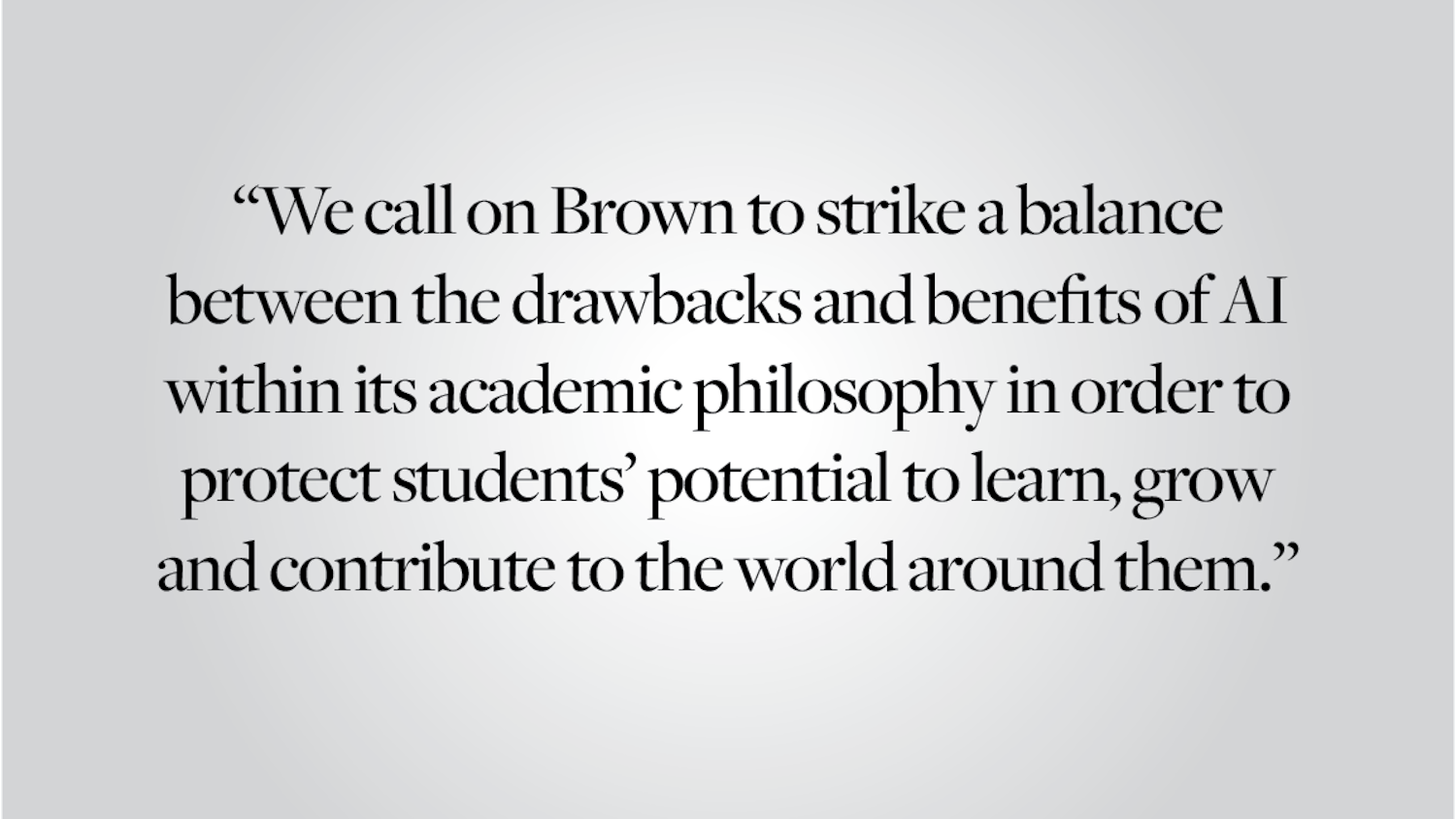Ordinarily, we would never recommend that Brown try to be more like Yale or Wesleyan. But in one regard, these schools set an example that we believe Brown should consider following. At both colleges, students trade a shorter winter break for a two-week spring break. By contrast, Brown's schedule strikes us as imbalanced — we get at least five weeks of winter break but only one week to relax in the spring.
We believe Brown students would gladly give up a week of winter break if it meant lengthening spring break by a week. By the last week of winter break, most students have had more than enough time to rest and to visit with family and friends, and are eager to return to school and begin the new semester. After spring break, however, we think that students are still a little weary and not quite ready to tackle another month of classes plus final exams. In terms of students' overall well-being, the marginal benefit of a second week of spring break greatly outweighs the marginal benefit of a fifth week of winter break.
Because of Brown's long winter break, our spring break occurs later than spring break at other schools (this year, Mar. 27-Apr. 4). Our time off will not overlap with spring break weeks at Harvard, Penn, Columbia, Princeton, Cornell, Berkeley, Yale and Wesleyan. If Brown gave students an additional week off, they would have more time to catch up with friends at these and other schools. A second week would also allow students to better balance time spent with family and friends.
Some have speculated that there is an economic rationale for the longer winter break. By keeping the dorms closed until the very end of January, the school saves money on a week's worth of heating costs. While we don't have any hard data on how much money the current schedule saves relative to our proposed alternative schedule, we are optimistic that the benefit of the longer break to students justifies the cost. At worst, we understand if the University chooses to delay a scheduling change until economic conditions improve.
The other significant drawback to shortening winter break is premised on hopes that the January@Brown pilot program might develop into a for-credit winter term. However, due to low enrollment, the program's funding was not renewed last year, and for the time being, it is unlikely to return.
Our suggestion would not require any other changes to Brown's academic calendar. Students returning to campus in mid-January might momentarily lament an extra week in Providence's harsh winter climate, but we're fairly certain they will not regret the trade in late March or early April.
Editorials are written by The Herald's editorial page board. Send comments to editorials@browndailyherald.com.




